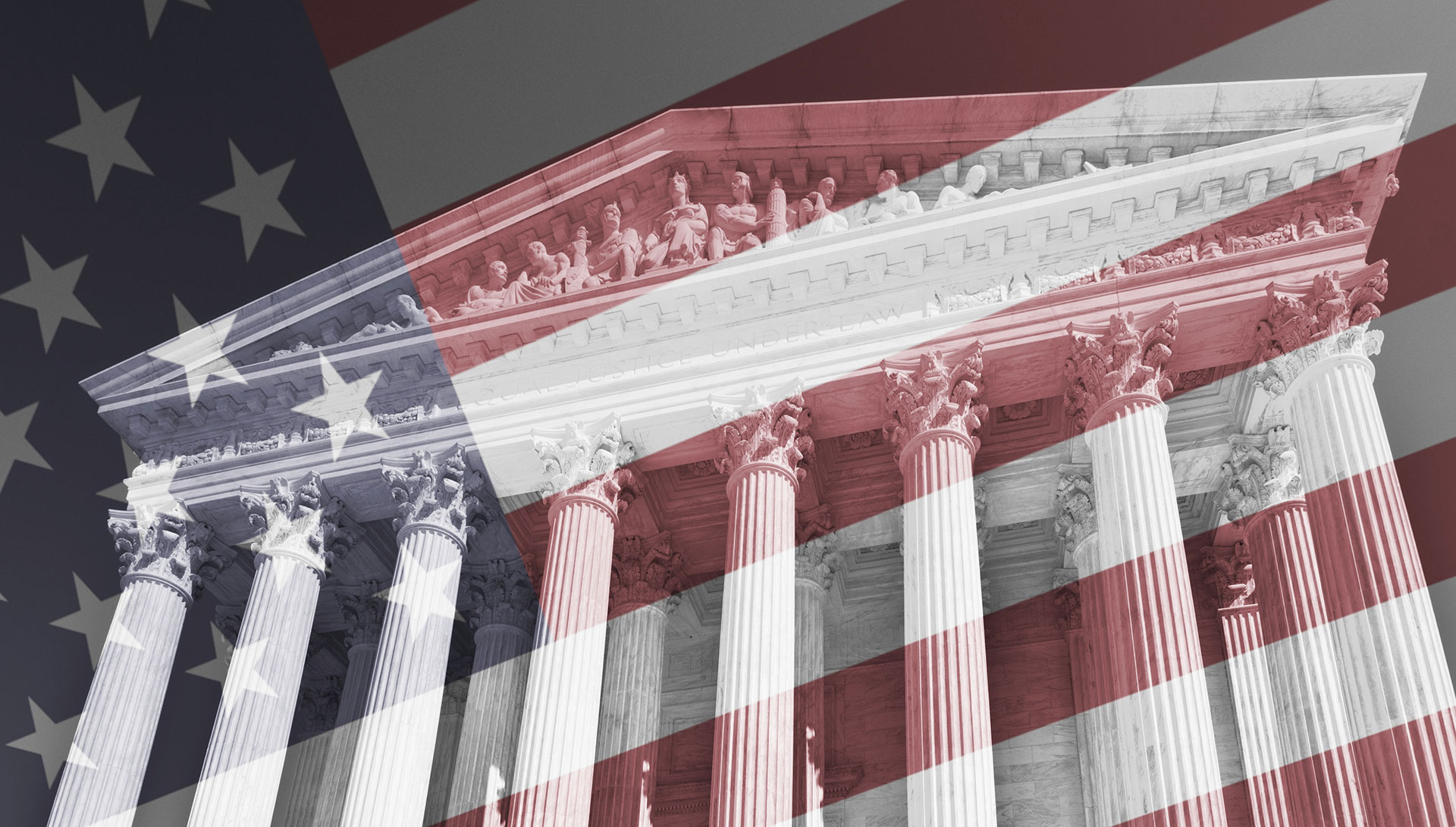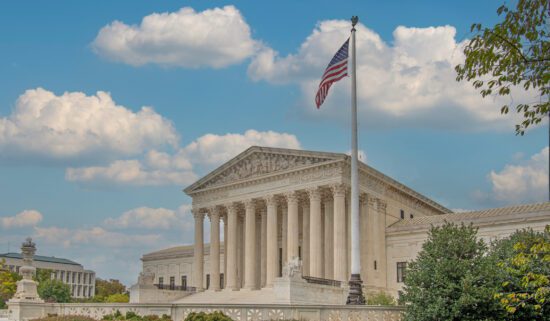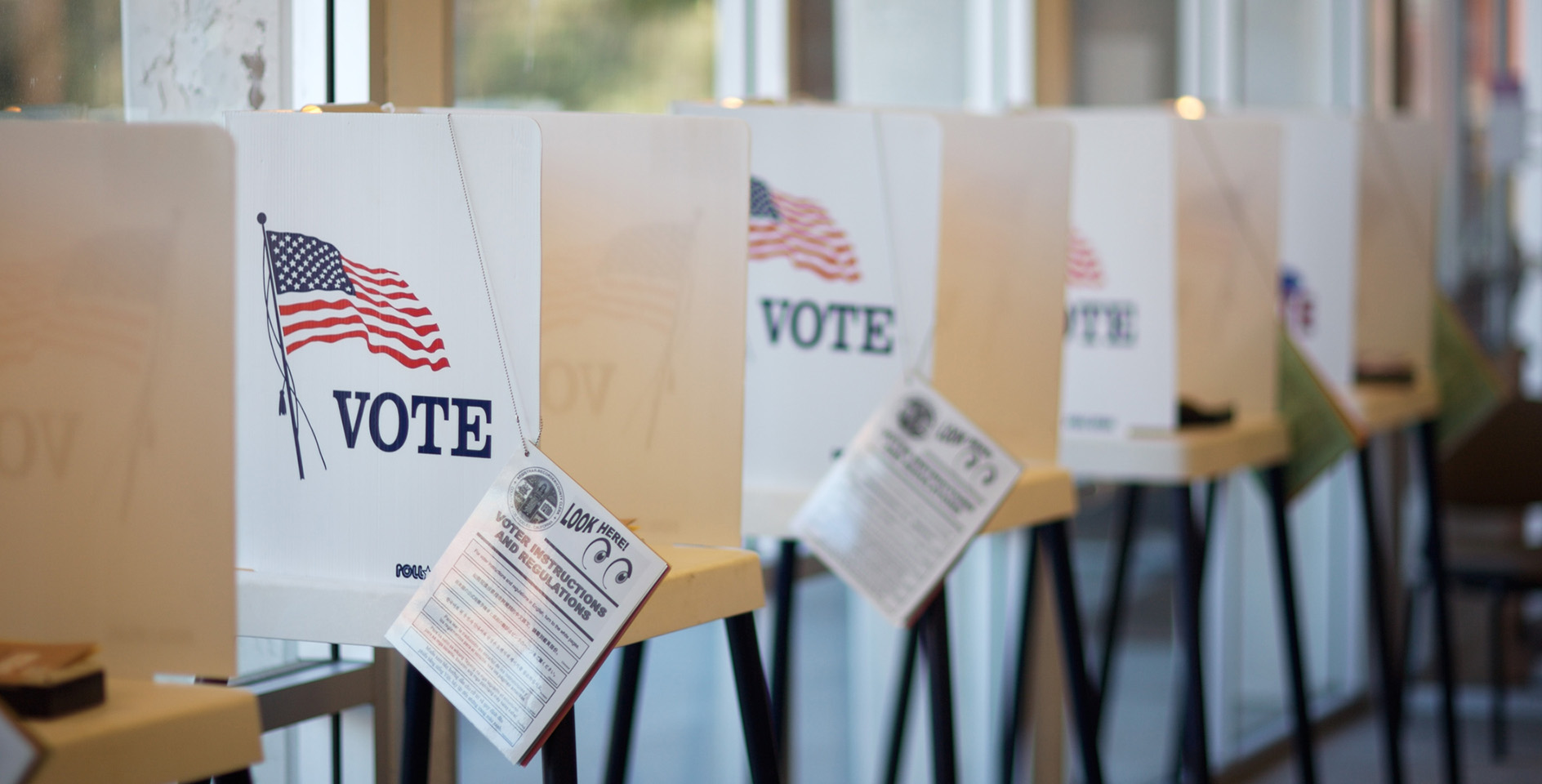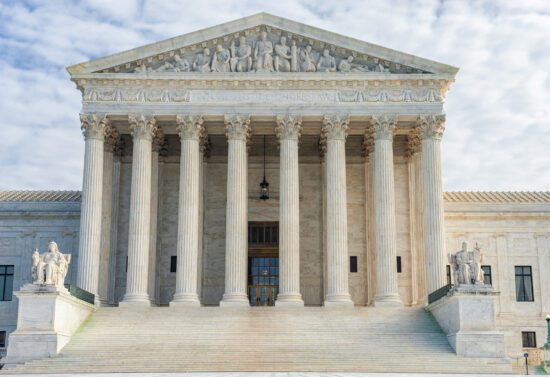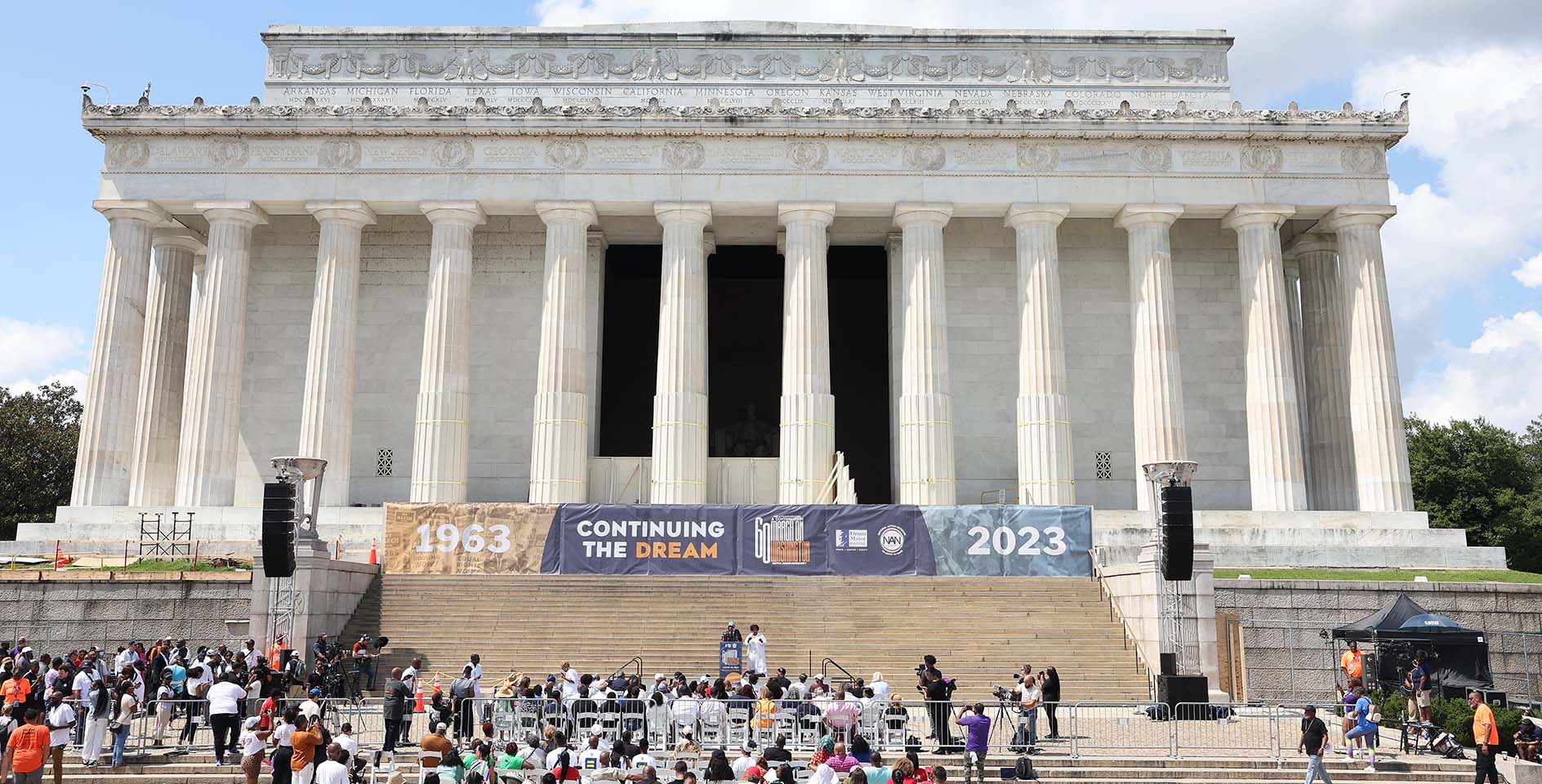Here are five recent Supreme Court rulings you should know about. The decisions made by the U.S. Supreme Court often directly affect Southern Baptist pastors and churches and the people they serve. That’s why every year the ERLC actively engages in the judicial process on issues that hold immense importance for our churches and the gospel.
But the court also issues rulings in cases that, while they aren’t directly related to the issues we work on, intersect with or are related to topics of concern for Southern Baptists. Here are five recent Supreme Court rulings from the most recent term.
Students for Fair Admission v. Harvard and Students for Fair Admission v. UNC
On Thursday, the U.S. Supreme Court issued a ruling on two cases brought by Students for Fair Admissions, Inc (SFFA). The cases—SFFA v. UNC and SFFA v. President and Fellows of Harvard—addressed the consideration of race in college admissions. The court was asked to consider whether institutions of higher education can use race as a factor in admissions, and whether Harvard College was violating Title VI of the Civil Rights Act by penalizing Asian American applicants, engaging in racial balancing, overemphasizing race, and rejecting workable race-neutral alternatives.
The court ruled that colleges and universities can no longer take race into consideration as an express factor in admissions, a landmark decision that overturns long-standing precedent. In the 1978 case, Regents of the University of California v. Bakke, the court considered a quota system in place at the University of California and established the constitutionality of affirmative action programs
Writing for the majority, Chief Justice John Roberts said that for too long universities have “concluded, wrongly, that the touchstone of an individual’s identity is not challenges bested, skills built, or lessons learned but the color of their skin. Our constitutional history does not tolerate that choice.”
Justice Ketanji Brown Jackson, the only Black woman on the court, wrote that the majority had “detached itself from this country’s actual past and present experiences.” But Justice Clarence Thomas, the only Black man on the court, said, “While I am painfully aware of the social and economic ravages which have befallen my race and all who suffer discrimination, I hold out enduring hope that this country will live up to its principles so clearly enunciated in the Declaration of Independence and the Constitution of the United States: that all men are created equal, are equal citizens, and must be treated equally before the law.”
United States v. Texas
In United States v. Texas, the Supreme Court ruled that Texas and Louisiana lacked Article III standing to challenge immigration-enforcement guidelines issued by the Secretary of Homeland Security. These guidelines were issued in a memorandum by the Department of Homeland Security to the Acting Director of U.S. Immigrations and Customs Enforcement (ICE) instructing ICE officials to prioritize the removal of noncitizens who pose a threat to national security, public safety, or border security.
The purpose of these guidelines was to provide a framework for ICE to exercise prosecutorial discretion in immigration enforcement and to promote consistency and transparency in the enforcement of immigration laws. The Biden administration also argued that these guidelines were necessary to prioritize limited resources and focus on individuals who pose a greater risk to the country. However, Texas and Louisiana challenged the legality of these guidelines, arguing that they restrained ICE agents from fully enforcing immigration laws. The Supreme Court ultimately ruled that Texas and Louisiana lacked standing to challenge these rules, reinforcing the federal government’s unique role in setting immigration policy.
Gonzalez v. Google and Twitter v. Taamneh
On May 18, the Supreme Court issued opinions in two related cases, Gonzalez v. Google and Twitter v. Taamneh. In the Taamneh case, the court unanimously ruled that the plaintiffs’ allegations were insufficient to establish that the defendants (Twitter, Google, and Facebook) aided and abetted ISIS in carrying out the relevant attack.
In both cases the plaintiffs made arguments related to the application of Section 230 of the Communications Decency Act and the Anti-Terrorism Act. Additionally, in the Gonzalez v. Google case, the plaintiffs argued that Google, through its subsidiary YouTube, aided, abetted, and conspired with ISIS by allowing the terrorist group to use its platform to spread propaganda and recruit members. The plaintiffs claimed that Google’s algorithms and revenue-sharing practices contributed to the spread of ISIS content on YouTube, and that Google should be held liable for the deaths of their family members in an ISIS attack in Jordan in 2016. In the Twitter v. Taamneh case, the plaintiffs alleged that Twitter, Google, and Facebook aided and abetted ISIS in carrying out an attack in Istanbul in 2017. The plaintiffs claimed that the defendants provided material support to ISIS by allowing the group to use their platforms to spread propaganda and recruit members.
The court unanimously ruled in the Taamneh case that the plaintiffs’ allegations were insufficient to establish that the defendants aided and abetted ISIS in carrying out the attack. Based on that ruling, the court declined to address the issues raised about the application of Section 230 protection from liability for aiding terrorists in the Gonzalez v. Google case and remanded it back to the lower courts.
Haaland v. Brackeen
In the case of Haaland v. Brackeen, the Supreme Court ruled 7-2 to reject challenges to the Indian Child Welfare Act (ICWA), a federal statute that aims to protect the future of Tribal Nations (i.e., the 574 federally recognized Indian Nations) and promote the best interests of Native American children. The case was brought by a birth mother, foster and adoptive parents, and the state of Texas, who claimed that the ICWA exceeds federal authority, infringes state sovereignty, and discriminates on the basis of race.
The ICWA is a federal law that was passed in 1978 to protect the well-being and best interests of Native American children and families. The law aims to uphold family integrity and stability and to keep Native children connected to their community and culture. ICWA establishes minimum federal standards for the removal of Native children from their families and placement of such children in homes that reflect the unique values of Native culture.
The Supreme Court rejected these challenges and upheld the ICWA, a victory for the Biden administration and several Native American tribes that defended the law. The majority opinion authored by Justice Amy Coney Barrett said the court “declines to disturb the Fifth Circuit’s conclusion that ICWA is consistent with” Congress’s authority under the Constitution in Article I. Justices Clarence Thomas and Samuel Alito were the only justices to dissent.
Moore v. Harper
The case of Moore v. Harper involved the controversial independent state legislature theory (ISL). This theory arose from the redistricting of North Carolina’s districts by the North Carolina legislature following the 2020 census, which the state courts found to be too artificial and partisan, and an extreme case of gerrymandering in favor of the Republican Party. ISL asserts that only the state legislature itself has the power to set the rules for making state laws that apply to federal elections, from drawing congressional district lines to determining the who-what-when-where of casting a ballot.
The Supreme Court of North Carolina granted a rehearing in the underlying case, which prompted the justices to request additional briefing on whether they still had the power to rule in Moore. On June 27, the U.S. Supreme Court rejected the “independent state legislature theory” in a 6-3 decision, affirming the lower court’s ruling that the congressional map violated the state constitution and dismissing the plaintiffs’ lawsuits. The case was decided in an opinion by Chief Justice Roberts, with Justice Brett Kavanaugh filing a concurring opinion, and Justice Thomas dissenting. The case was one of the most high-profile cases the Supreme Court has taken up in recent years, with former federal judge Michael Luttig calling it the “single most important case on American democracy—and for American democracy—in the nation’s history.”



